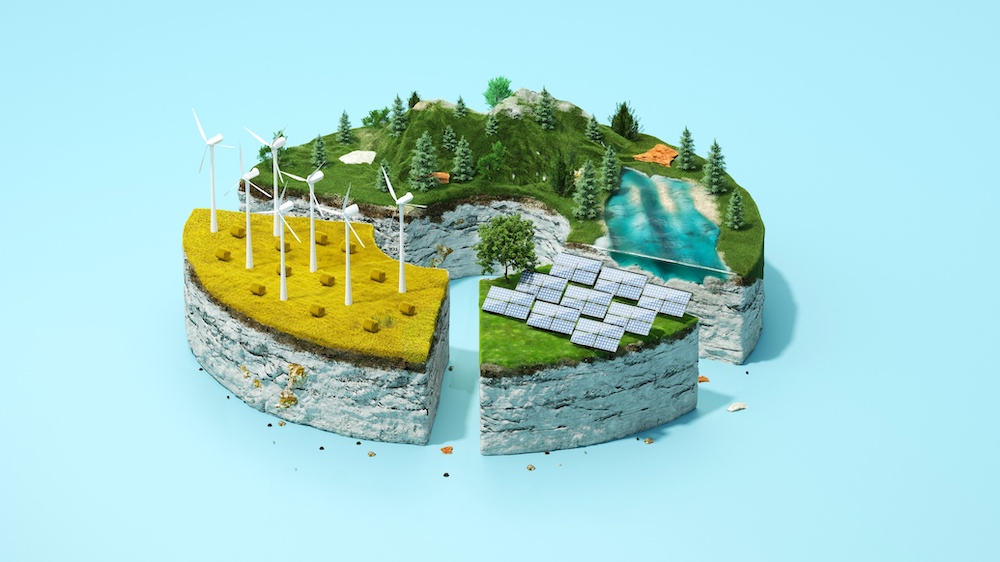If you’re interested in sharing your opinion on any cultural, political or personal topic, create an account here and check out our how-to post to learn more.
Opinions are the writer’s own and not those of Blavity's.
____
As we look toward this summer, we know that Black and brown communities will disproportionately face a multitude of environmental risks to their health and safety. With another season of devastating hurricanes and wildfires threatening our nation, we must be cognizant about the ways in which climate change disproportionately impacts low-income, tribal, indigenous and other minority communities. It’s long past time we take meaningful and comprehensive action in Washington to give such communities, and all of our families, a fair shot at recovery.
From Flint’s water crisis to Cancer Alley in Louisiana to Refinery Row in Texas, environmental injustice reaches to each corner of our country — and the pandemic has laid bare the inequities that impact these communities. Americans, including the elderly and young children, are put at risk by toxic air, lead-filled drinking water and extreme heat. The EPA determined that cities can get up to seven degrees warmer than surrounding areas, which can have detrimental health impacts for the populations living there. These differences are disproportionately experienced in low-income communities and communities of color, where there is less tree canopy and increased temperatures.
Sadly, the evolving climate crisis only exacerbates these existing disparities, and the effects are sobering. We urgently need to prioritize investment in clean energy infrastructure and jobs through policies focused on addressing these injustices. The good news is that President Biden has proposed such a plan.
As Congress continues a busy session this summer, President Biden’s American Jobs Plan and its proposed investments in clean energy, infrastructure and jobs are top-of-mind. I will use my voice to move this plan forward and ensure a fair shot at recovery for those disproportionately impacted by legacies of pollution, industrial neglect and climate change. There cannot be a meaningful jobs plan without provisions that fight to address the climate crisis and environmental justice. President Biden’s proposal has the potential to fuel robust job creation while ensuring cleaner air and water, equitable access to transportation, and a pathway towards a zero-carbon economy by the middle of this century.
All of us are threatened by the impacts of the climate crisis, but we see over and again how these issues disproportionately impact communities of color. Race, more than anything else, is still the most likely predictor of where toxic waste may be located, or where pipes will produce lead-filled water. Over the past year and more, we saw how this devastation, compounded by the effects of COVID-19, disproportionately impact the lives and livelihoods of these communities.
President Biden made a promise that communities enduring the toxic legacy of environmental racism and injustice will receive 40% of the overall benefits of the investments proposed in the American Jobs Plan. These benefits will be implemented through the promotion of clean energy and energy efficiency, clean transportation, sustainable housing, workforce development, the reduction of legacies of pollution and the development of essential clean water infrastructure. These investments will create millions of high-quality, good-paying clean energy jobs focused on rebuilding and modernizing resilient, 21st-century infrastructure across the country while curbing our climate crisis.
In Congress, I will continue to play a leading role advancing transformative legislation that achieves the President’s goals of building our communities back healthier and more resilient. I have championed efforts in the House to empower environmental justice communities and increase community involvement among federal agencies, as well as policy priorities to help clean up contaminated sites and hazardous waste, lead-based paint and contaminated drinking water service lines, and improve air quality. These sorts of policies align with the President’s ambitious goal of addressing inequities that disproportionately harm low-income communities and communities of color. I will continue to use my voice in Washington to ensure that funds to address environmental injustice stay central to the jobs and infrastructure bill as we debate routes to passage.
As summer sets in with deadly heat, extreme weather and threats of continued legacy pollution, we urgently need to enact President Biden’s proposed investments. The promises of equitable benefits are a solution that we must take on. I urge my colleagues in Congress to not let this moment pass us by.
____
Representative Donald McEachin represents Virginia’s 4th Congressional District.
